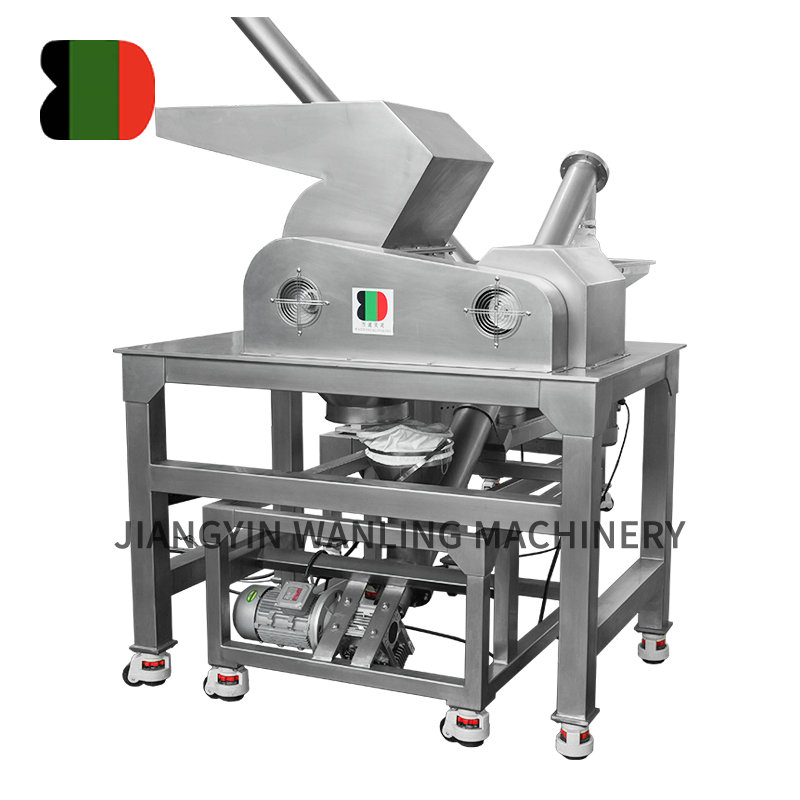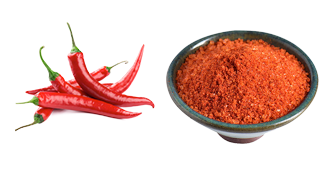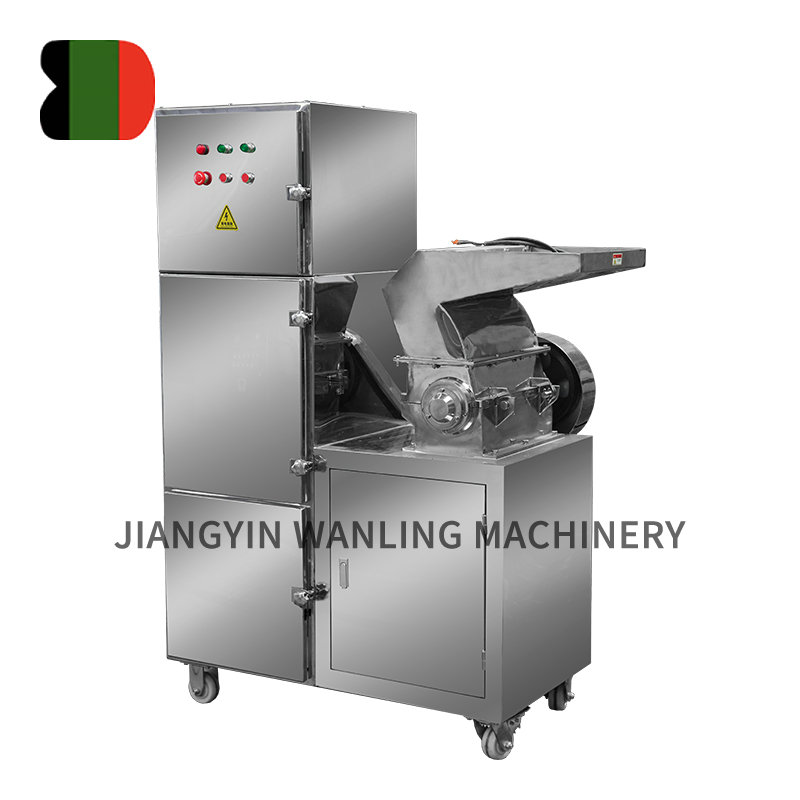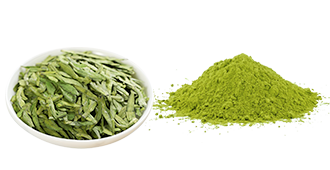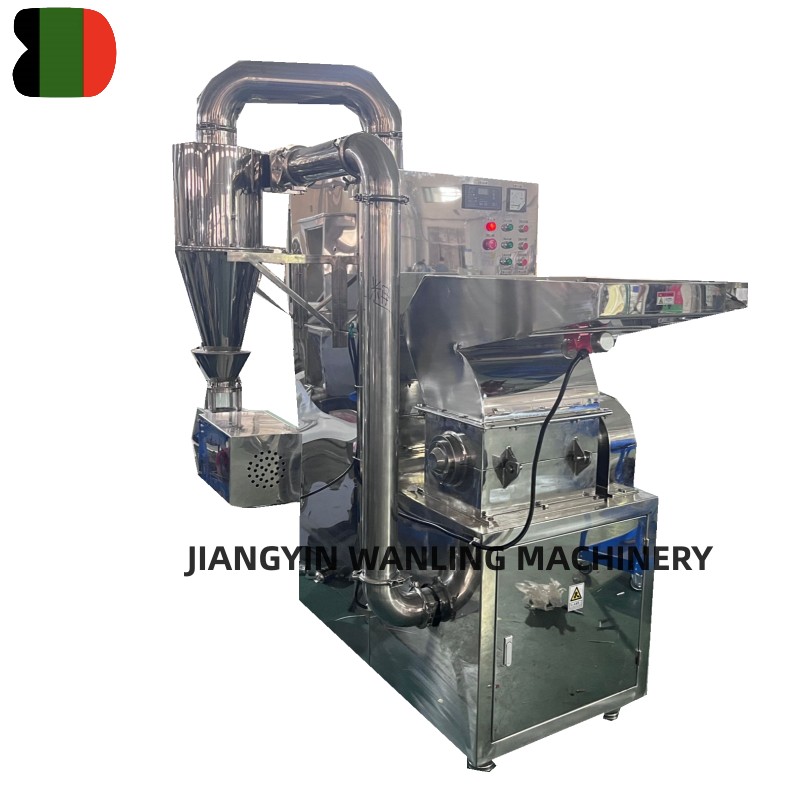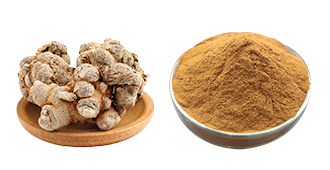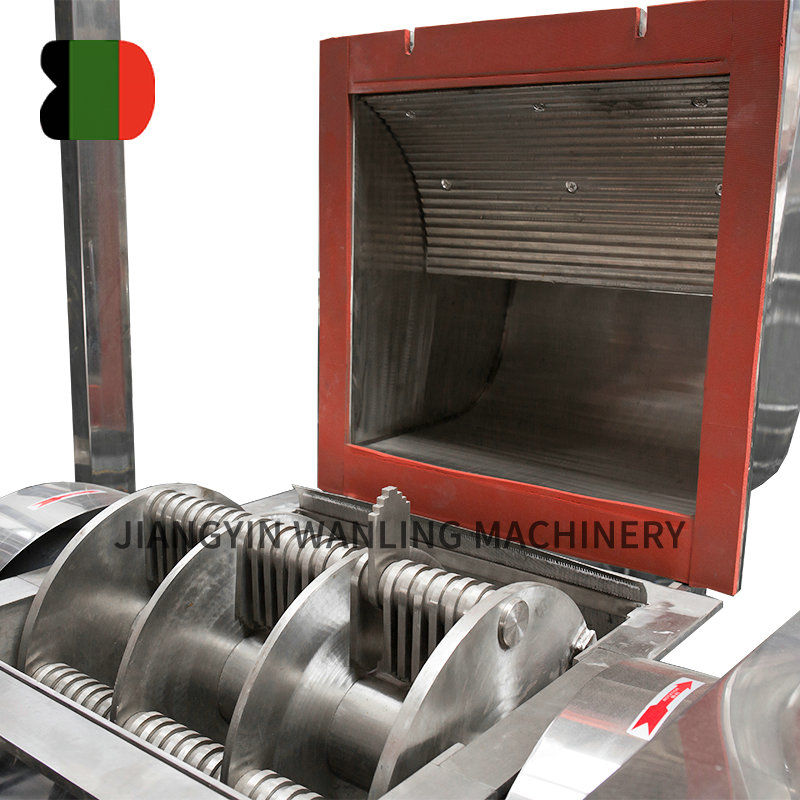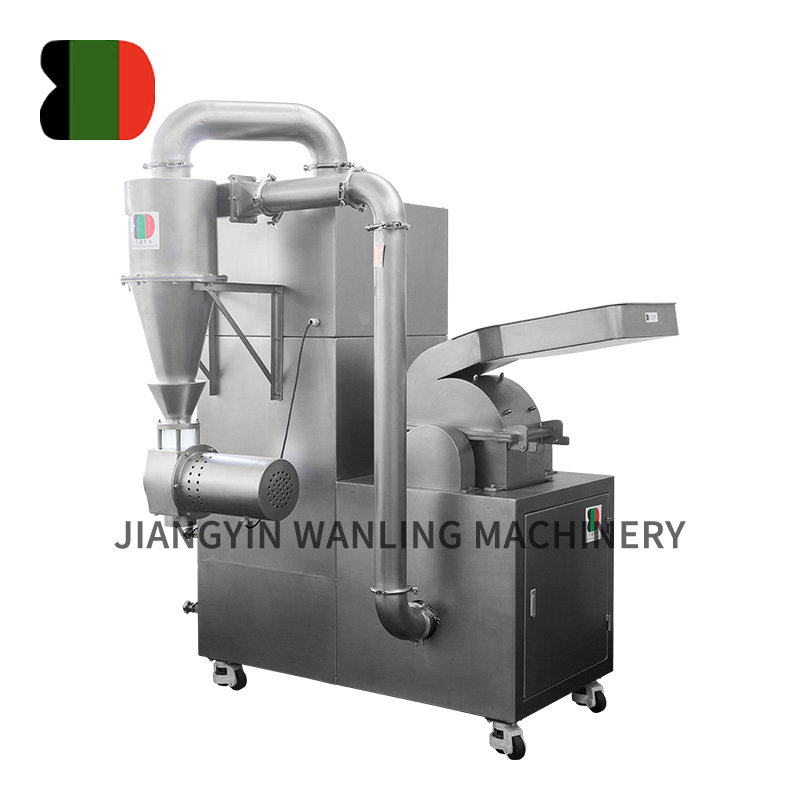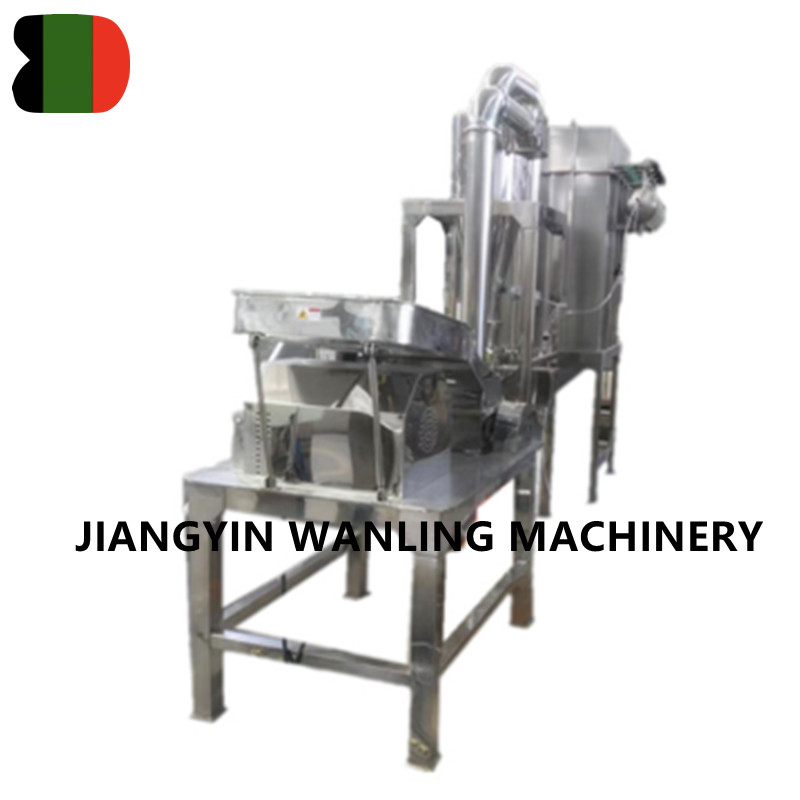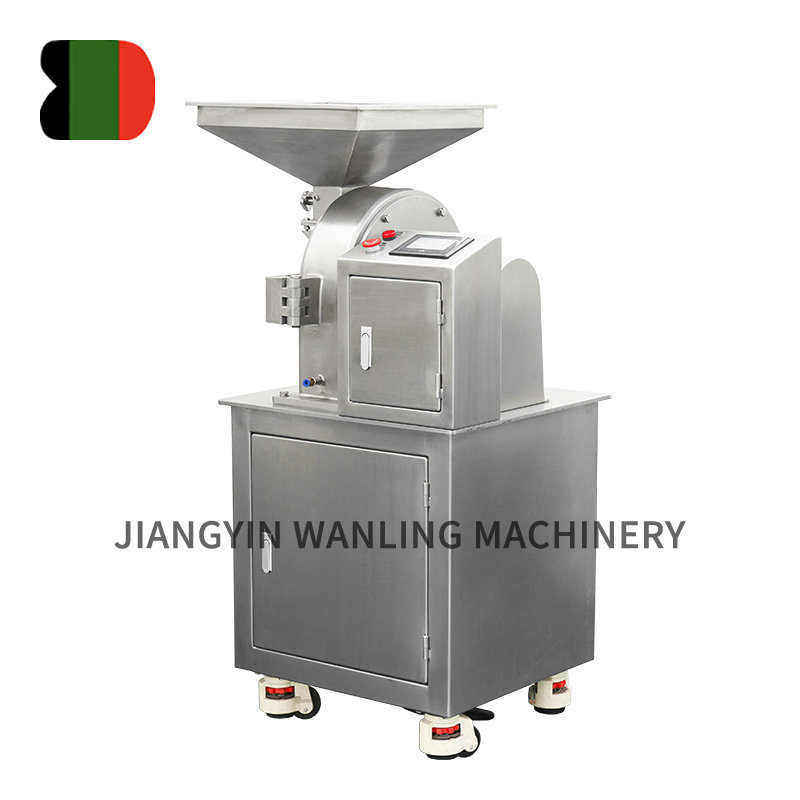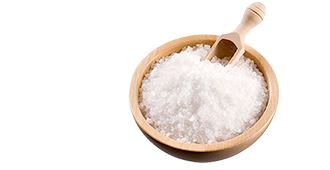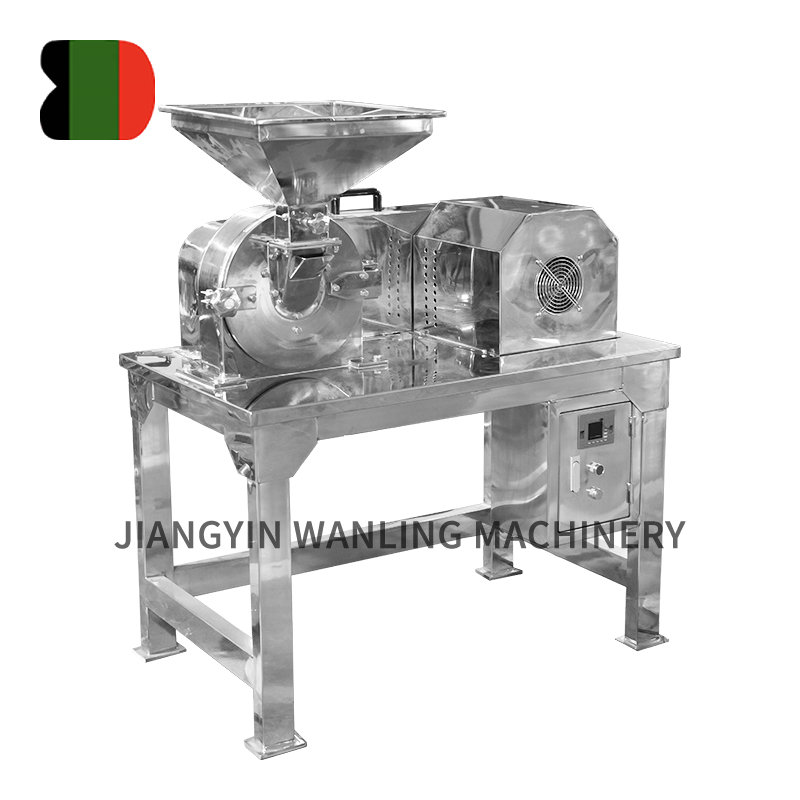A hammer mill is a mechanical device that uses rapidly moving hammers to crush, grind, or pulverize materials into smaller, more manageable sizes. It is widely recognized for its versatility, efficiency, and ability to handle a broad range of raw materials. Hammer mills are used in industries that require size reduction, mixing, or preparation of feedstock for further processing.
Content
How Does a Hammer Mill Work?
The machine consists of a rotating shaft fitted with hammers that strike the material inside a chamber. As the material is impacted, it shatters and passes through a perforated screen, ensuring uniform particle size. This simple yet effective design is the foundation of the hammer mill’s wide-ranging applications.
Major Uses of Hammer Mill
1. Agricultural Industry
Hammer mills are extensively used in agriculture for processing animal feed. They help convert raw grains, corn, and soybeans into fine particles suitable for livestock digestion. Common applications include:
- Grinding corn and cereals into poultry or cattle feed
- Crushing crop residues like straw for feed or bedding
- Processing biomass materials for silage and fuel pellets
2. Food Processing
In the food industry, hammer mills are employed for reducing ingredients into desired particle sizes for blending or direct use. Typical uses include:
- Milling spices such as pepper, turmeric, and ginger
- Grinding grains for flour production
- Pulverizing sugar and other food additives
3. Pharmaceutical Industry
Hammer mills are essential in pharmaceuticals for producing powders and granules with consistent size. Their applications include:
- Crushing raw ingredients before formulation
- Producing powders for tablets and capsules
- Ensuring uniform particle distribution for controlled drug release
4. Chemical Industry
In chemical processing, hammer mills provide efficient size reduction of solid chemicals, making them easier to process or dissolve. Examples include:
- Crushing minerals and salts
- Preparing raw materials for reactions
- Pulverizing resins and plastics for recycling or further processing
5. Recycling Industry
Hammer mills are valuable in waste management and recycling due to their ability to break down tough materials. They are used for:
- Shredding scrap metal
- Pulverizing electronic waste (e-waste)
- Breaking down wood, paper, and plastic for reuse
6. Construction and Mining
Hammer mills are used in construction and mining to reduce bulk materials for easier handling and processing. Their applications include:
- Crushing stones, ores, and minerals
- Preparing raw materials for cement production
- Grinding limestone and gypsum for building materials
7. Biomass and Energy Production
With the growth of renewable energy, hammer mills play a role in biomass processing. They are used for:
- Grinding wood chips, husks, and shells into biomass fuel
- Preparing raw material for pellet mills
- Size reduction for biofuel production
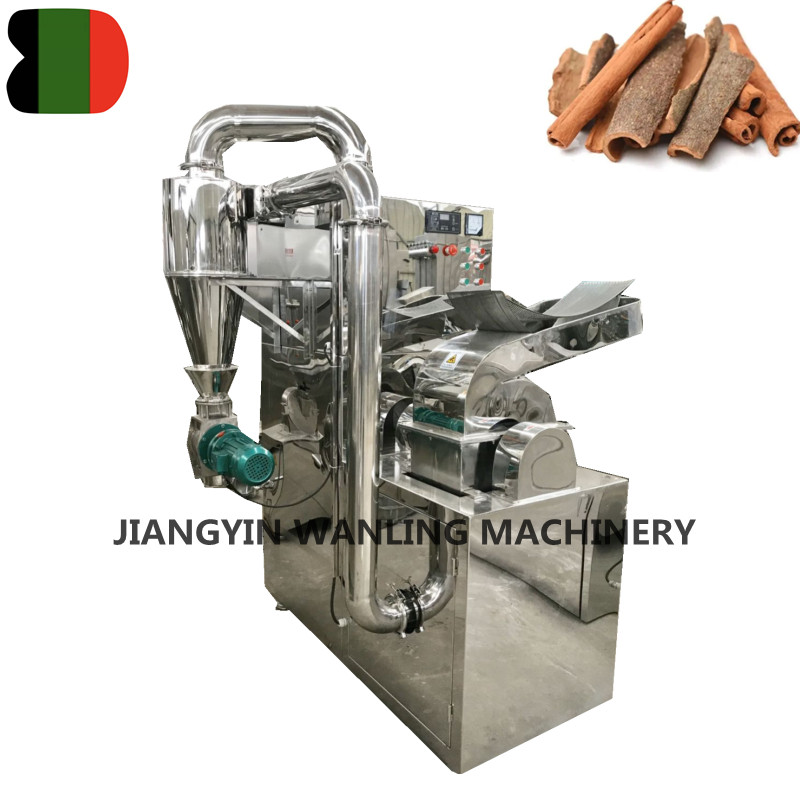
Advantages of Using Hammer Mills
- Versatility: Handles a wide range of materials, from soft grains to hard minerals.
- Efficiency: Produces uniform particle sizes quickly.
- Simple Operation: Easy to operate and maintain.
- Scalability: Available in sizes suitable for laboratory, small-scale, and industrial use.
Conclusion
Hammer mills are indispensable across industries due to their ability to crush, grind, and pulverize a variety of materials. From preparing animal feed in agriculture to recycling waste, processing pharmaceuticals, and producing biofuels, the hammer mill’s applications are broad and impactful. Its combination of simplicity, versatility, and efficiency ensures its continued importance in modern production and processing systems.



 Español
Español